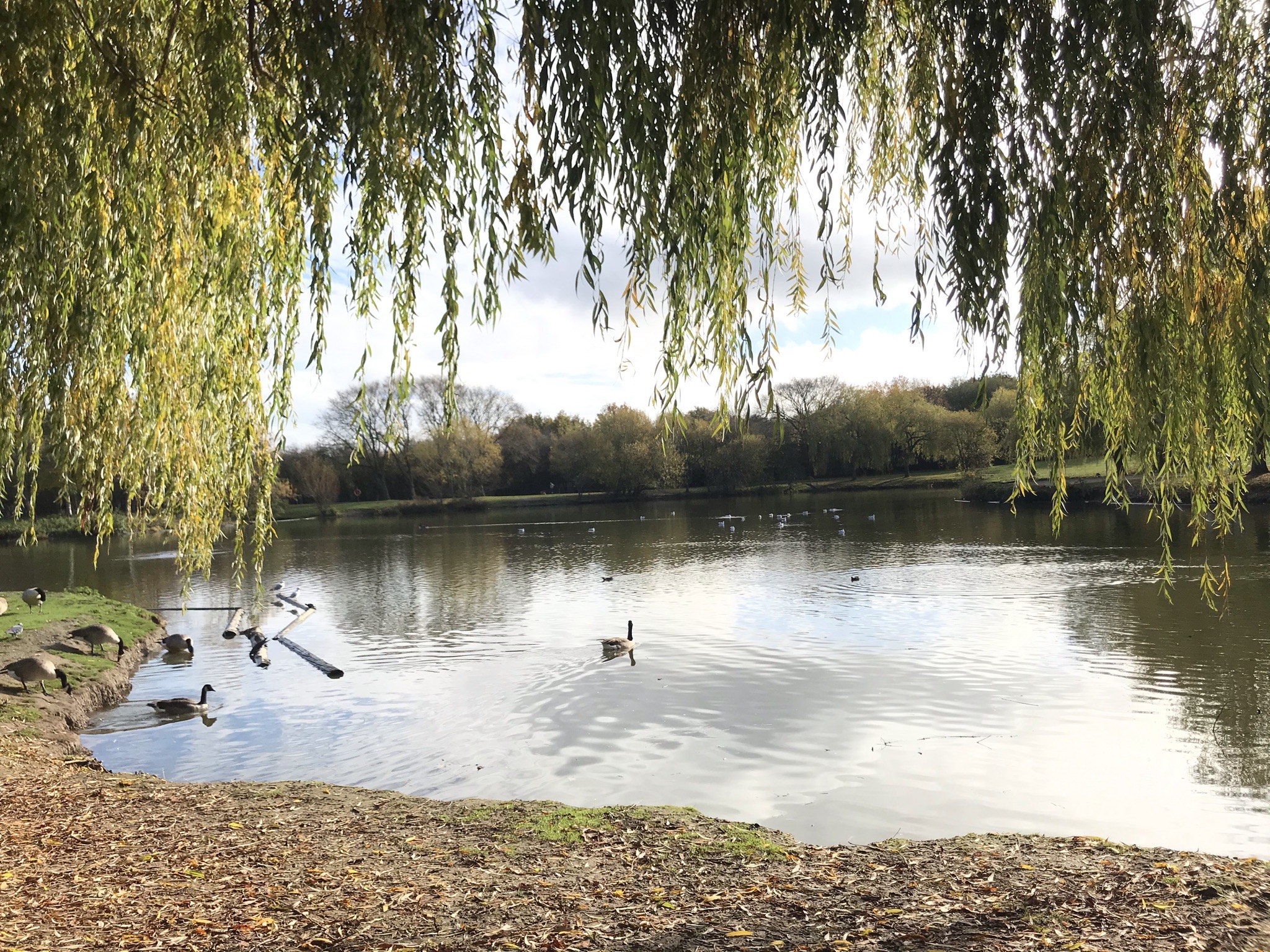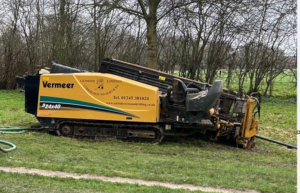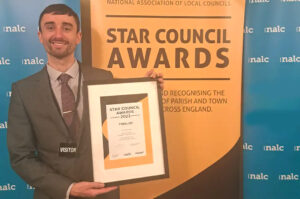
Introduction
Owls Hall Environmental, a leading provider of smart water
solutions, played a crucial role in addressing the complex
sewage system challenges at Swanley Park. This case study
highlights the critical problem, the challenges encountered,
and the successful outcome achieved through collaborative
efforts and expertise.
Problem
Swanley Park faced significant challenges with its existing cesspit-based
sewage system, leading to operational disruptions, environmental concerns,
and financial burdens. The park’s large visitor capacity, combined with the
limitations of the cesspit, resulted in frequent maintenance issues, capacity
constraints, and unpleasant odours, affecting the overall visitor experience.
Challenges and Difficulties
The project to upgrade the sewage system presented numerous challenges
and complexities. The involvement of multiple stakeholders, including local
councils and regulatory bodies, added layers of complexity. Identifying the
most suitable solution while considering environmental impact, community
concerns, and operational requirements was challenging.
Furthermore, the need to explore alternative options, such as directional
drilling and sewage treatment plants, added intricacy to the decision-making
process. The project also faced delays due to the unforeseen impact of the
COVID-19 pandemic, complicating the timeline and resource allocation.

Project Execution and Achieving Success
Despite these challenges, Owls Hall Environmental’s expertise and
collaborative approach were pivotal in achieving a successful outcome. The
team leveraged their extensive knowledge to explore innovative solutions
and address the project’s unique requirements.
Owls Hall’s involvement, particularly through the expertise of Craig and his
team, was instrumental in evaluating alternative solutions and providing
valuable insights. Their contributions, including the proposal of directional
drilling and sewage treatment plant options, showcased their commitment to
finding the most effective and sustainable solution for Swanley Park.
With over 50 years of experience in wastewater solutions, Owls Hall is
known for meticulous planning, strategic collaboration with regulatory
bodies, and comprehensive project management. They successfully
navigated the complexities and secured the necessary approvals. The
decision-making process, guided by their expertise, ensured that the chosen
solution aligned with the park’s operational needs, environmental goals, and
long-term sustainability.
Result and Impact
The successful completion of the sewage system upgrade brought
transformative changes for Swanley Park. The new system effectively
addressed capacity limitations, operational disruptions, and environmental
concerns associated with the previous cesspit-based system. The project’s
long-term benefits, including cost savings, reduced environmental impact,
and improved visitor experience, have positioned Swanley Park for
sustainable growth and development.
“At the height of summer, the park’s cesspit
requires near-daily pumping to prevent sewage
backups due to the high number of visitors.
The new drainage system will save the Council
approximately 10.8 tonnes of carbon emissions
by reducing lorry traffic and minimise the risk of
public toilets being out of service. Additionally,
the removal of waste trucks during peak times will
significantly enhance the visitor experience”

Conclusion
Owls Hall Environmental’s collaboration with Swanley Park stands as a
testament to the power of expertise, innovation, and collaborative problemsolving.
The successful outcome of the project exemplifies proactive
problem-solving, strategic planning, and effective stakeholder engagement
in overcoming complex infrastructure challenges. The partnership between
Owls Hall and Swanley Park has addressed critical operational needs and
set a benchmark for sustainable and impactful infrastructure improvements
within the community